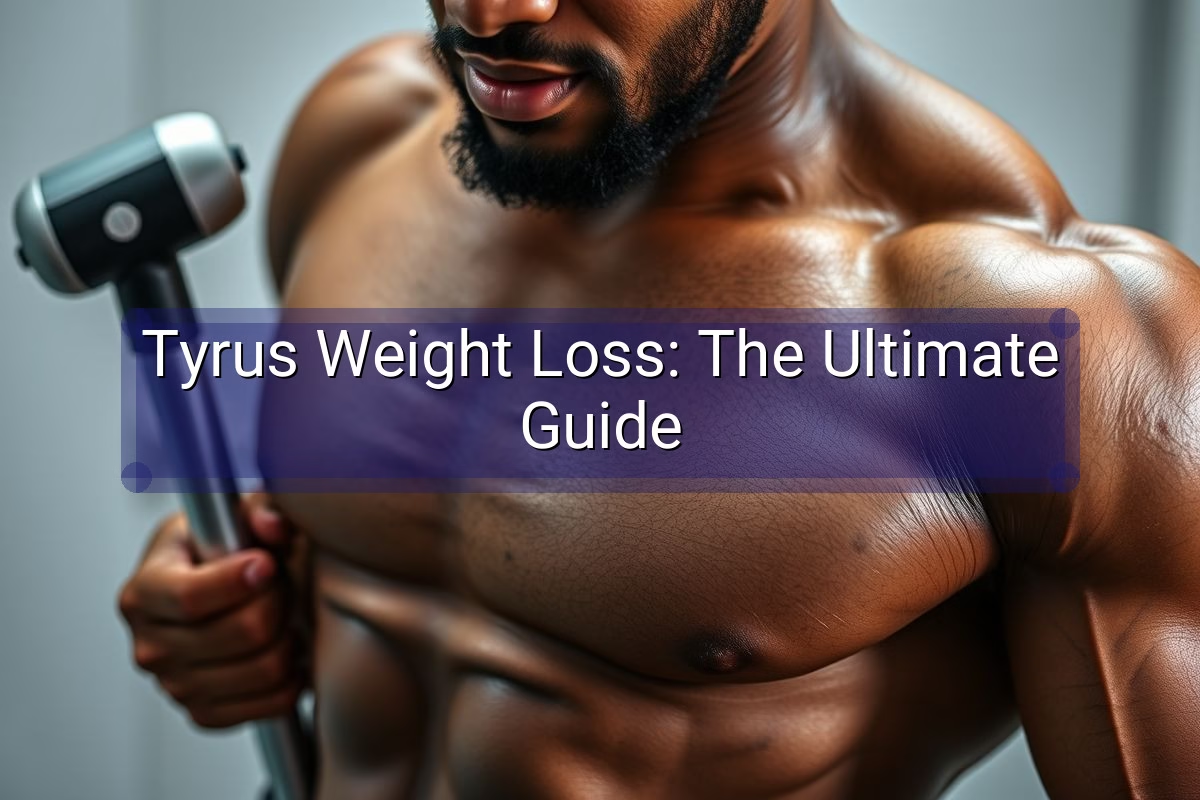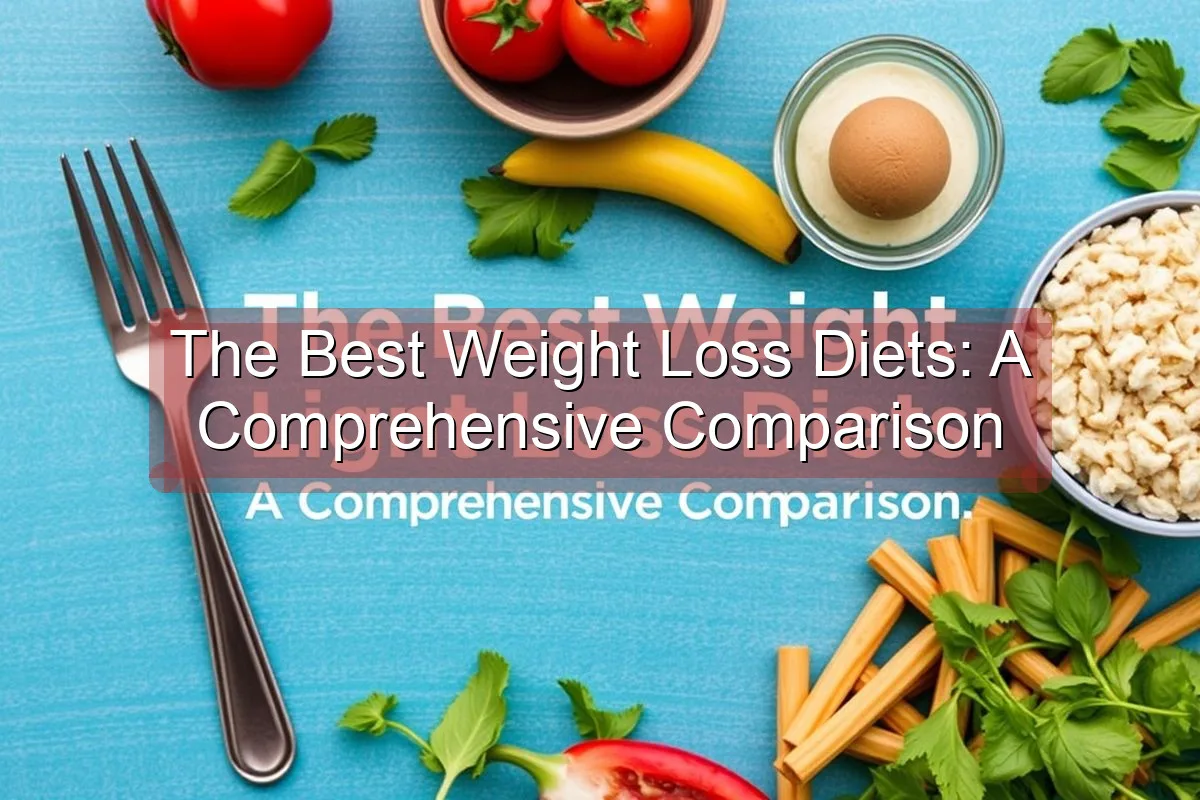
Fast Weight Loss: Separating Fact from Fiction
In a world obsessed with instant gratification, the allure of fast weight loss is undeniable. From fad diets promising rapid results to social media influencers touting magical weight loss pills, the market is flooded with quick-fix solutions. However, the reality is that most of these methods are not only ineffective in the long run but can also be detrimental to your health. This article aims to debunk common fast weight loss myths, separating fact from fiction and providing you with evidence-based strategies for sustainable and healthy weight management. We’ll explore the dangers of rapid weight loss, the importance of balanced nutrition, and the role of exercise in achieving your weight loss goals. Prepare to have your misconceptions challenged and your perspective on weight loss transformed.
The promise of shedding pounds quickly often overshadows the potential risks involved. Many individuals fall prey to extreme diets or rigorous workout routines, driven by the desire to see immediate results. However, such approaches can lead to muscle loss, nutrient deficiencies, and a host of other health problems. Understanding the science behind weight loss and adopting a realistic, sustainable approach is crucial for achieving long-term success. This article will equip you with the knowledge to make informed decisions about your weight loss journey, empowering you to prioritize your health and well-being over fleeting trends.
Myth 1: Crash Diets Are the Best Way to Lose Weight Quickly
The Appeal of Crash Diets
Crash diets, characterized by severely restricted calorie intake, often promise dramatic weight loss within a short period. This appeal stems from the instant gratification they seem to offer. Imagine fitting into that dress for a special occasion or reaching your weight goal just in time for summer. The allure of instant results can be incredibly tempting, especially for those who have struggled with weight loss for a long time. However, it’s crucial to understand the underlying mechanisms of these diets and their potential consequences before jumping on the bandwagon.
The initial weight loss observed on crash diets is often misleading. While the numbers on the scale may decrease rapidly, a significant portion of this loss is water weight and muscle mass, not fat. When you drastically reduce your calorie intake, your body is forced to tap into its glycogen stores (stored carbohydrates) for energy. Glycogen is bound to water, so when these stores are depleted, the body releases water, leading to a temporary drop in weight. This can create a false sense of accomplishment and motivate individuals to continue with the restrictive diet, unaware of the harm it may be causing.
Moreover, crash diets often lack essential nutrients, leading to deficiencies that can compromise your health. Restricting your food intake to a few select items or severely limiting calories can deprive your body of vital vitamins, minerals, and antioxidants. This can weaken your immune system, increase your risk of illness, and negatively impact your overall well-being. Furthermore, the rapid weight loss associated with crash diets can disrupt your metabolism, making it harder to lose weight in the long run. This is because your body enters a “starvation mode,” slowing down your metabolic rate to conserve energy. In the next section, we’ll delve deeper into the negative consequences of crash diets and explore why they are not a sustainable solution for fast weight loss.
The Dangers of Severe Calorie Restriction
Severe calorie restriction, as practiced in crash diets, can have a multitude of negative consequences on your physical and mental health. One of the most significant dangers is muscle loss. When your body is deprived of sufficient calories, it starts breaking down muscle tissue for energy, leading to a decrease in lean body mass. Muscle is metabolically active, meaning it burns more calories at rest than fat. Losing muscle mass not only weakens your physical strength but also slows down your metabolism, making it harder to lose weight and easier to regain it in the future.
Another major concern is the risk of nutrient deficiencies. Crash diets often involve eliminating entire food groups or drastically reducing the variety of foods consumed. This can lead to a lack of essential vitamins, minerals, and antioxidants, which are crucial for maintaining optimal health. Nutrient deficiencies can manifest in various ways, including fatigue, hair loss, weakened immunity, and impaired cognitive function. In severe cases, they can even lead to serious health problems such as anemia, osteoporosis, and heart problems. It’s important to prioritize a balanced and nutrient-rich diet to ensure your body receives the fuel and building blocks it needs to function properly.
Furthermore, crash diets can wreak havoc on your metabolism. As mentioned earlier, your body enters a “starvation mode” when it’s consistently deprived of calories. This triggers a cascade of hormonal changes that slow down your metabolic rate and increase your appetite. The result is that you burn fewer calories at rest and feel hungrier than usual, making it incredibly difficult to stick to the diet. Once you resume a normal eating pattern, your body is more likely to store the extra calories as fat, leading to weight regain and potentially even weight gain. This yo-yo dieting effect can further damage your metabolism and make it increasingly challenging to lose weight in the future. Instead of resorting to crash diets, focus on making sustainable lifestyle changes that promote healthy weight loss and long-term well-being.
Myth 2: Detox Teas and Supplements Are a Shortcut to Weight Loss
The Marketing Hype Around Detox Products
The market is saturated with detox teas and supplements that promise miraculous weight loss without any effort. These products are often marketed with enticing claims of “cleansing” your body, “boosting” your metabolism, and “burning” fat. The sleek packaging and persuasive testimonials can be incredibly tempting, especially for those seeking a quick and easy solution to their weight loss woes. However, it’s important to approach these claims with a healthy dose of skepticism and understand the science (or lack thereof) behind these products.
The term “detox” is often used loosely and lacks a clear scientific definition. The human body has its own sophisticated detoxification system, primarily involving the liver and kidneys, which are responsible for filtering out toxins and waste products. These organs work tirelessly to keep your body clean and healthy, and they don’t require any external assistance from detox teas or supplements. In fact, some of these products can actually interfere with the natural detoxification process and potentially harm your liver and kidneys.
The weight loss often attributed to detox teas and supplements is primarily due to their diuretic or laxative effects. These ingredients can cause you to lose water weight, which can create the illusion of fast weight loss. However, this weight loss is temporary and doesn’t reflect any actual fat loss. Once you rehydrate, the weight will quickly return. Moreover, prolonged use of diuretics and laxatives can lead to dehydration, electrolyte imbalances, and digestive problems. In the next section, we’ll examine the ingredients commonly found in detox products and their potential side effects.
The Truth About Detox Tea Ingredients and Side Effects
Detox teas often contain a blend of herbal ingredients, some of which may have diuretic or laxative properties. Common ingredients include senna, cascara, dandelion, and green tea extract. Senna and cascara are powerful laxatives that can stimulate bowel movements and cause temporary weight loss due to water loss. However, prolonged use of these laxatives can lead to dependence, meaning your body may become reliant on them to have regular bowel movements. This can also damage your digestive system and lead to chronic constipation.
Dandelion is a natural diuretic that can help your body eliminate excess water. While this can provide temporary relief from bloating, it doesn’t contribute to actual fat loss. Green tea extract is often touted for its antioxidant properties and potential to boost metabolism. However, the amount of green tea extract in most detox teas is usually insufficient to have a significant impact on weight loss. Furthermore, high doses of green tea extract can cause side effects such as anxiety, insomnia, and stomach upset.
Many detox supplements contain a variety of ingredients, including vitamins, minerals, and herbal extracts. However, the effectiveness and safety of these ingredients are often questionable. Some supplements may contain undisclosed ingredients or be contaminated with harmful substances. It’s important to be cautious about taking any supplement without consulting with a healthcare professional. They can help you assess the potential risks and benefits and determine whether the supplement is appropriate for you. Instead of relying on detox teas and supplements, focus on supporting your body’s natural detoxification process through a healthy diet, regular exercise, and adequate hydration. A balanced diet rich in fruits, vegetables, and fiber provides the nutrients your liver and kidneys need to function optimally. Regular exercise helps to improve circulation and eliminate waste products through sweat. And drinking plenty of water helps to flush out toxins and keep your body hydrated.
Myth 3: You Can Target Fat Loss in Specific Areas
The Myth of Spot Reduction
The idea of spot reduction, or targeting fat loss in specific areas of your body, is a common misconception. Many people believe that by performing exercises that target a particular muscle group, they can burn fat in that area. For example, they might think that doing endless crunches will eliminate belly fat or that leg lifts will get rid of thigh fat. However, the reality is that your body doesn’t work that way. When you burn fat, it’s a systemic process that affects your entire body, not just the area you’re working on.
Fat cells are distributed throughout your body, and when you lose weight, your body draws fat from all over, not just from the areas you’re targeting with exercise. The specific areas where you lose fat first are determined by genetics and hormonal factors. Some people tend to lose fat more easily in their abdomen, while others lose it more easily in their thighs or hips. Unfortunately, there’s no way to control where your body loses fat first. You can build muscle in specific areas by performing targeted exercises, but you can’t force your body to burn fat in those areas specifically.
While spot reduction is a myth, that doesn’t mean that exercise is ineffective for weight loss. Exercise is an essential component of a healthy weight management plan. It helps you burn calories, build muscle, and improve your overall fitness. However, it’s important to understand that exercise alone is not enough to achieve significant weight loss. You also need to focus on eating a healthy diet and creating a calorie deficit. In the next section, we’ll discuss the importance of combining diet and exercise for effective and sustainable weight loss.
The Importance of Combining Diet and Exercise
The most effective approach to weight loss involves combining a healthy diet with regular exercise. Diet provides the foundation for weight loss by creating a calorie deficit, meaning you’re burning more calories than you’re consuming. Exercise helps to boost your metabolism, burn extra calories, and build muscle. Muscle is metabolically active, so it burns more calories at rest than fat. This means that the more muscle you have, the easier it will be to lose weight and maintain your weight loss in the long run.
When it comes to diet, focus on eating a balanced and nutrient-rich diet that includes plenty of fruits, vegetables, whole grains, and lean protein. Avoid processed foods, sugary drinks, and excessive amounts of unhealthy fats. Pay attention to your portion sizes and try to eat mindfully, savoring each bite and paying attention to your hunger and fullness cues. Consider tracking your food intake for a period of time to get a better understanding of your eating habits and identify areas where you can make improvements.
For exercise, aim for at least 150 minutes of moderate-intensity aerobic exercise per week, such as brisk walking, jogging, swimming, or cycling. You should also incorporate strength training exercises into your routine at least two days per week. Strength training helps to build muscle and improve your overall strength and fitness. Choose exercises that work all the major muscle groups, such as squats, lunges, push-ups, and rows. Remember to consult with a healthcare professional or certified personal trainer before starting any new exercise program. They can help you create a safe and effective workout plan that meets your individual needs and goals. By combining a healthy diet with regular exercise, you can achieve sustainable weight loss and improve your overall health and well-being.
| Nutrient | Recommended Daily Intake |
|---|---|
| Protein | 0.8 grams per kilogram of body weight |
| Fiber | 25-30 grams |
| Water | 8 glasses (2 liters) |
Conclusion
In conclusion, the pursuit of fast weight loss is often fraught with myths and misconceptions. Crash diets, detox products, and the idea of spot reduction are all examples of strategies that promise quick results but ultimately fall short or even harm your health. Sustainable weight loss is a journey that requires a balanced approach, combining a healthy diet with regular exercise. By debunking these common myths and focusing on evidence-based strategies, you can achieve your weight loss goals in a safe and effective manner. Remember, it’s not about the speed of weight loss but rather the long-term sustainability and overall health benefits.
Focus on making gradual, sustainable changes to your lifestyle. This includes adopting a healthy eating pattern that emphasizes whole, unprocessed foods, and engaging in regular physical activity that you enjoy. Be patient with yourself and celebrate your progress along the way. Weight loss is not a race, and there will be ups and downs. The key is to stay consistent with your efforts and prioritize your health and well-being. By doing so, you can achieve a healthy weight and maintain it for the long term.
Frequently Asked Questions
“`








Leave a Reply